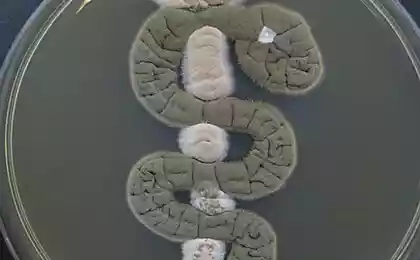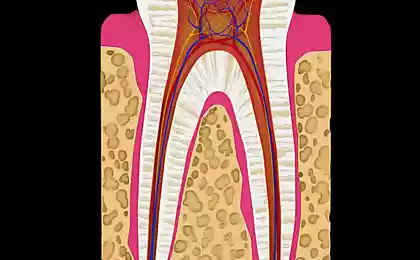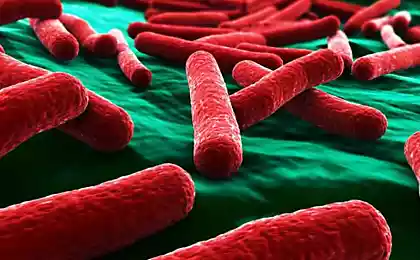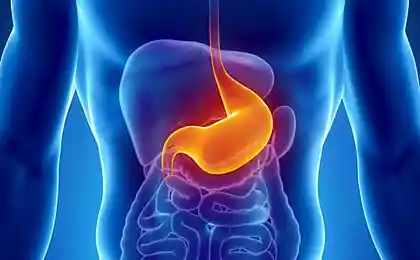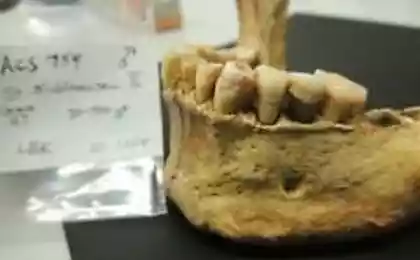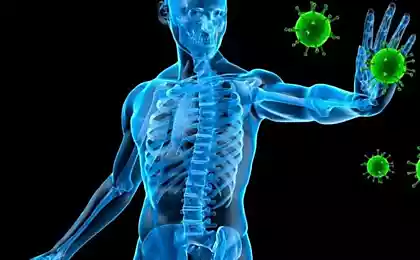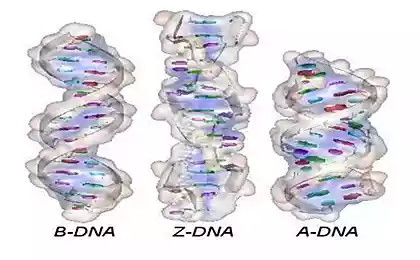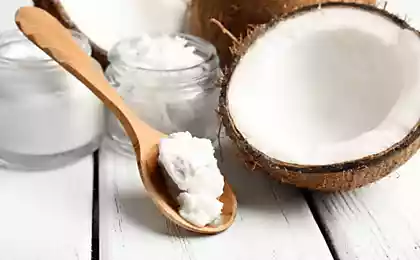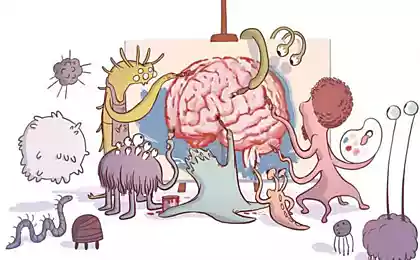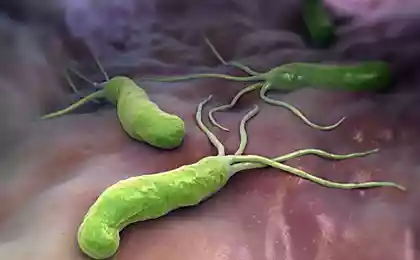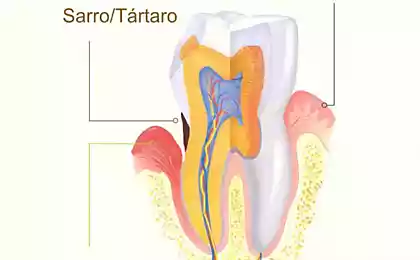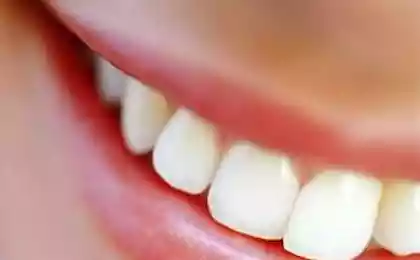927
Oral bacteria

Streptococcus salivarius, dwell with us in the mouth, it produces two enzymes that inhibit the growth of pathogenic microorganisms, the formation of plaque and tooth decay. Japanese researchers from the National Institute of Infectious Diseases in Tokyo have shown that living in the mouth Streptococcus Streptococcus salivarius works like toothpaste, protecting teeth from plaque, writes Kompyulenta. It was found that two enzymes this bacteria inhibit the formation of plaque - which means that in the long term, and tooth decay. According to the researchers, one of the enzymes, FruA, may be amiss, even for commercial use. By the way, it has long been a commercial preparation there is a similar enzyme produced by the fungus Aspergillus niger, and also removes plaque from the teeth. Although fungal and bacterial enzymes differ in amino acid sequence on the efficiency of the second is not inferior to the first. For tartar "responsible" other Streptococcus - Streptococcus mutans. Enzymes Streptococcus salivarius regulate the activity of pathogenic bacteria suppressing microbial biofilm formation on tooth enamel. Moreover FruA performance increases in the presence of sucrose, and the more sugars in the mouth, the better the effect of this enzyme. In short, people who can eat sweet without any harm to the teeth may have a rich friendly microflora in the oral cavity. "Saving" FruA enzyme is synthesized not only Streptococcus salivarius, and other "mouthparts" streptococci. According to the researchers, further studies of the oral microflora certainly will present some surprises and "will bring people in" new bacteria that help inhibit the development of oral diseases and to keep it healthy. Recall, the researchers argue that harming the teeth bacteria are transmitted from person to person like a virus influenza.
See also: Where are the bars in toothpaste? Dentistry past. There was a chewing gum which does not adhere.
Source: science.compulenta.ru/
